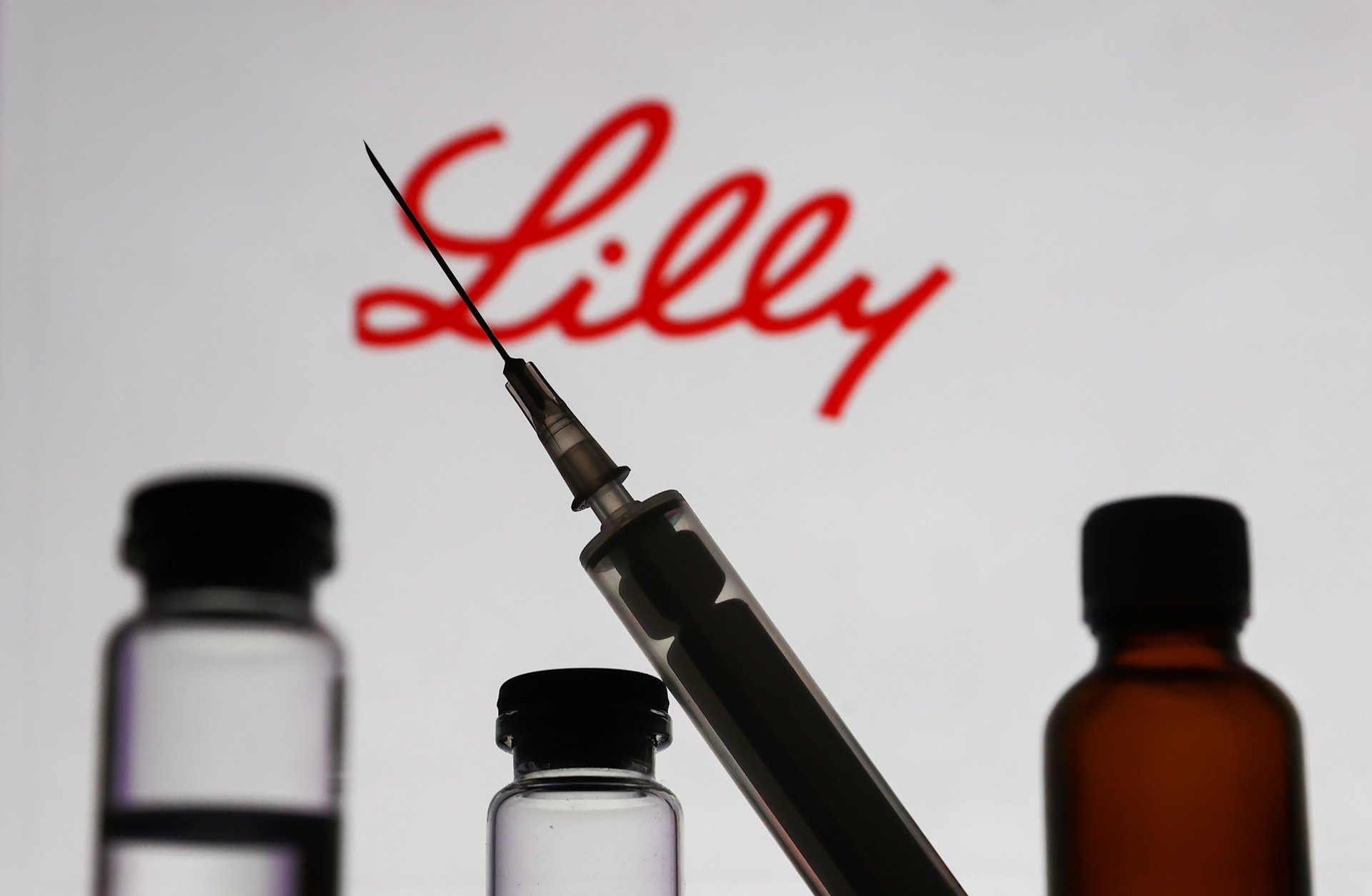Eli Lilly just cut some Zepbound prices in half — but there's a catch
New single-dose vials of 2.5 mg and 5 mg doses of Zepbound will also help alleviate supply constraints for the popular treatment

Eli Lilly (LLY) announced on Tuesday that it is now offering the two lowest doses of its popular weight loss drug Zepbound at approximately half the original price.
Suggested Reading
The pharma giant said it has launched a single-dose vial option for Zepbound in an effort to meet soaring demand of the treatment. The lowered prices also make Zepbound more competitive with cheaper off-brand versions of the medication.
Related Content
A four-week supply of the 2.5 mg Zepbound single-dose vials will cost $399, while a four-week supply of the 5 mg dose will cost $549. That’s about half the cost of Zepbound’s regular list price of $1,060.
But there’s a caveat: To take advantage of the savings, patients will need to pay out-of-pocket and administer the medication with a traditional syringe, instead of the usual auto-injector pen that the drug comes in.
“These new vials not only help us meet the high demand for our obesity medicine, but also broaden access for patients seeking a safe and effective treatment option,” said Lilly USA president Patrik Jonsson in a press release.
The new option will be available exclusively through the company’s direct-to-consumer service, LillyDirect.
Zepbound belongs to a class of drugs known as incretin medications that work by mimicking hormones that regulate blood sugar and suppress appetite. Incretins were originally used to treat type-2 diabetes, but have become highly sought after for their slimming side effects.
Skyrocketing demand for Zepbound and other weight loss drugs has transformed Eli Lilly (LLY) and Novo Nordisk (NVO) into the most valuable pharmaceutical companies in the world. However, increased demand has also made it difficult for some patients to get their prescriptions filled. Novo Nordisk’s and Eli Lilly’s incretin treatments are both listed on the U.S. Food and Drug Administration’s drug shortage database.
Frustrated Zepbound users having been calling — on TikTok and other social media — for Eli Lilly to sell the medication in vials to address supply constraints.
The production of Zepbound’s pre-filled injection pens seems to be a contributing factor for the shortage. Eli Lilly CEO David Ricks previously told Bloomberg that the pens require “some of the most complex” production systems in the world.
“They certainly open up a node of the most constrained part of the supply chain, which is fill-finish and the final container closure,” Ricks said on a call with investors in early August about the new vials. “And it uses different lines, obviously, than syringes or cartridges. So, it just adds to our capacity.”
Ricks added that the most meaningful impact the vials will have on Zepbound supply will start to show up in early 2025.
